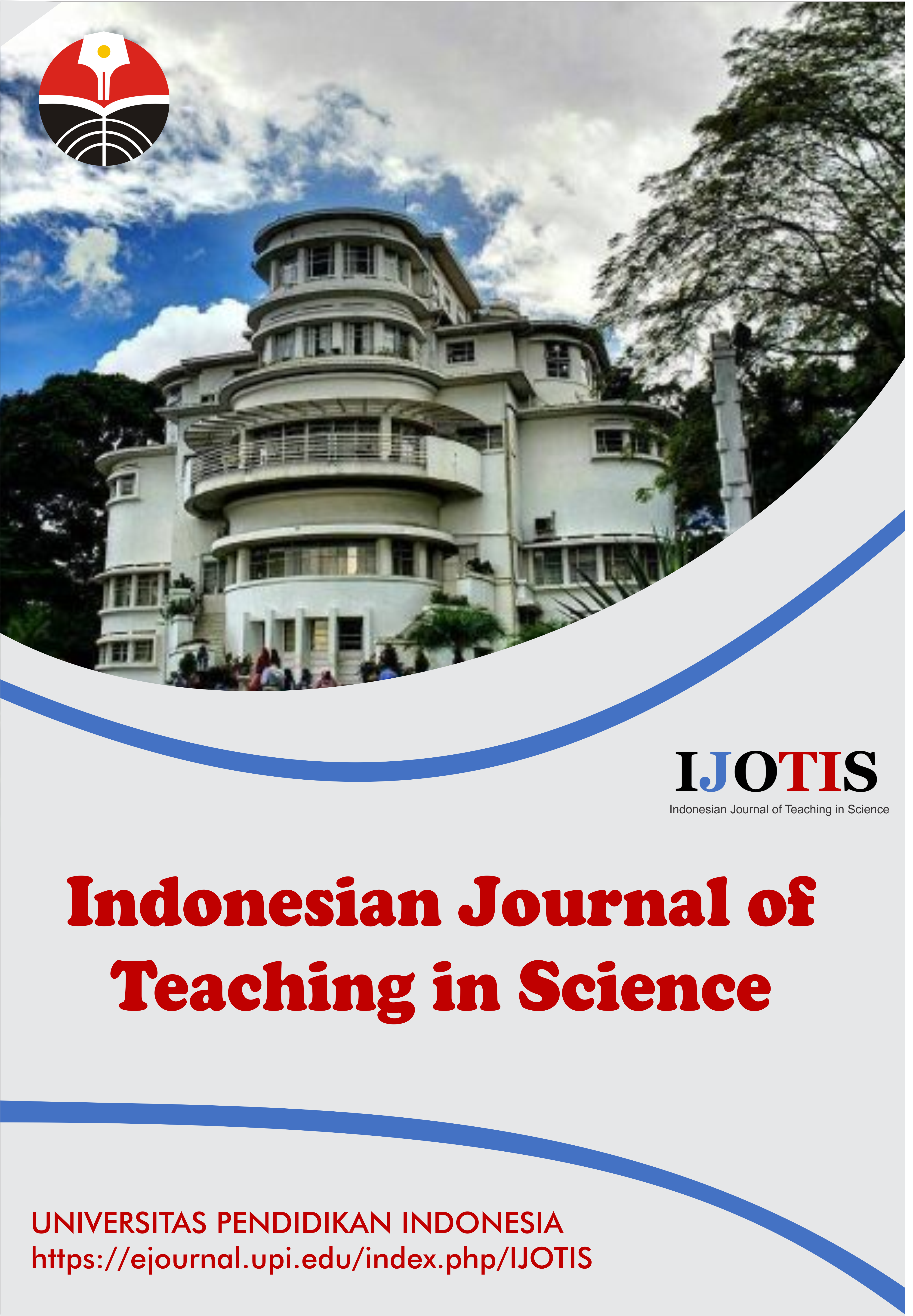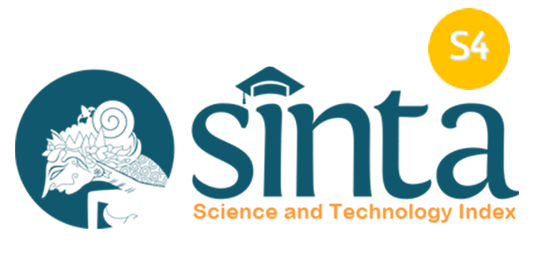The Future of Teaching: Artificial Intelligence (AI) And Artificial General Intelligence (AGI) For Smarter, Adaptive, and Data-Driven Educator Training
Abstract
Keywords
Full Text:
PDFReferences
Al Husaeni, D.F., Haristiani, N., Wahyudin, W., and Rasim, R. (2024). Chatbot artificial intelligence as educational tools in science and engineering education: A literature review and bibliometric mapping analysis with its advantages and disadvantages. ASEAN Journal of Science and Engineering, 4(1), 93-118.
Geetha, V. (2025). AI-driven assessment and feedback systems: Transforming education through intelligent automation. Multidisciplinary Research in Arts, Science and Commerce, 23, 9.
Goertzel, B. (2020). Artificial general intelligence: Concept, state of the art, and future prospects. Artificial Intelligence Review, 53(1), 1-25.
Hayat, M. H., Awan, S. F., Munir, M., and Storay, D. (2024). Study how AI can provide timely and constructive feedback to students, fostering a growth mindset and resilience. International Journal of Social Science Archives (IJSSA), 7(3), p1266.
Nguyen, D., Do, H., and Pham, T. (2022). The role of AI in teacher training: A case study on adaptive learning. Educational Technology and Society, 25(3), 45-59.
Nurhasanah, S., and Nugraha, M.S. (2024). The future of learning: ethical and philosophical implications of artificial intelligence (AI) integration in education. Indonesian Journal of Multidiciplinary Research, 4(2), 341-352.
Solihat, A.N., Dahlan, D., Kusnendi, K., Susetyo, B., and Al Obaidi, A.S.M. (2024). Artificial intelligence (AI)-based learning media: Definition, bibliometric, classification, and issues for enhancing creative thinking in education. ASEAN Journal of Science and Engineering, 4(3), 349-382.
Zawacki-Richter, O., Marín, V. I., Bond, M., and Gouverneur, F. (2019). Systematic review of research on AI in higher education. International Journal of Educational Technology in Higher Education, 16(1), 39.
Donmez, M. (2024). AI-based feedback tools in education: A comprehensive bibliometric analysis study. International Journal of Assessment Tools in Education, 11(4), 622-646.
DOI: https://doi.org/10.17509/ijotis.v5i1.82626
Refbacks
- There are currently no refbacks.
Copyright (c) 2025 Universitas Pendidikan Indonesia

This work is licensed under a Creative Commons Attribution-ShareAlike 4.0 International License.
Indonesian Journal of Teaching in Science (IJoTIS) is published by Universitas Pendidikan Indonesia (UPI)
 Indonesian Journal of Teaching in Science
Indonesian Journal of Teaching in Science



